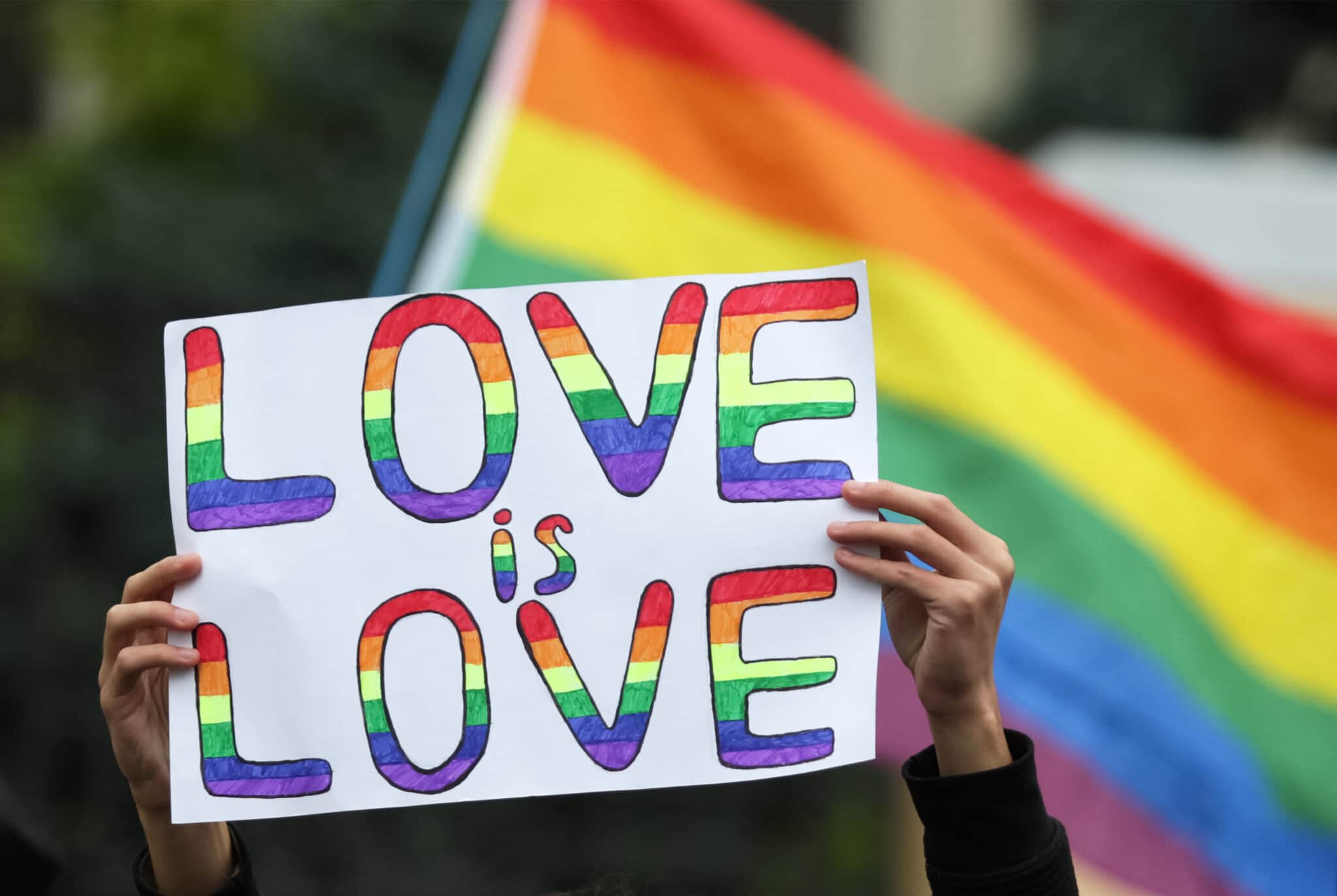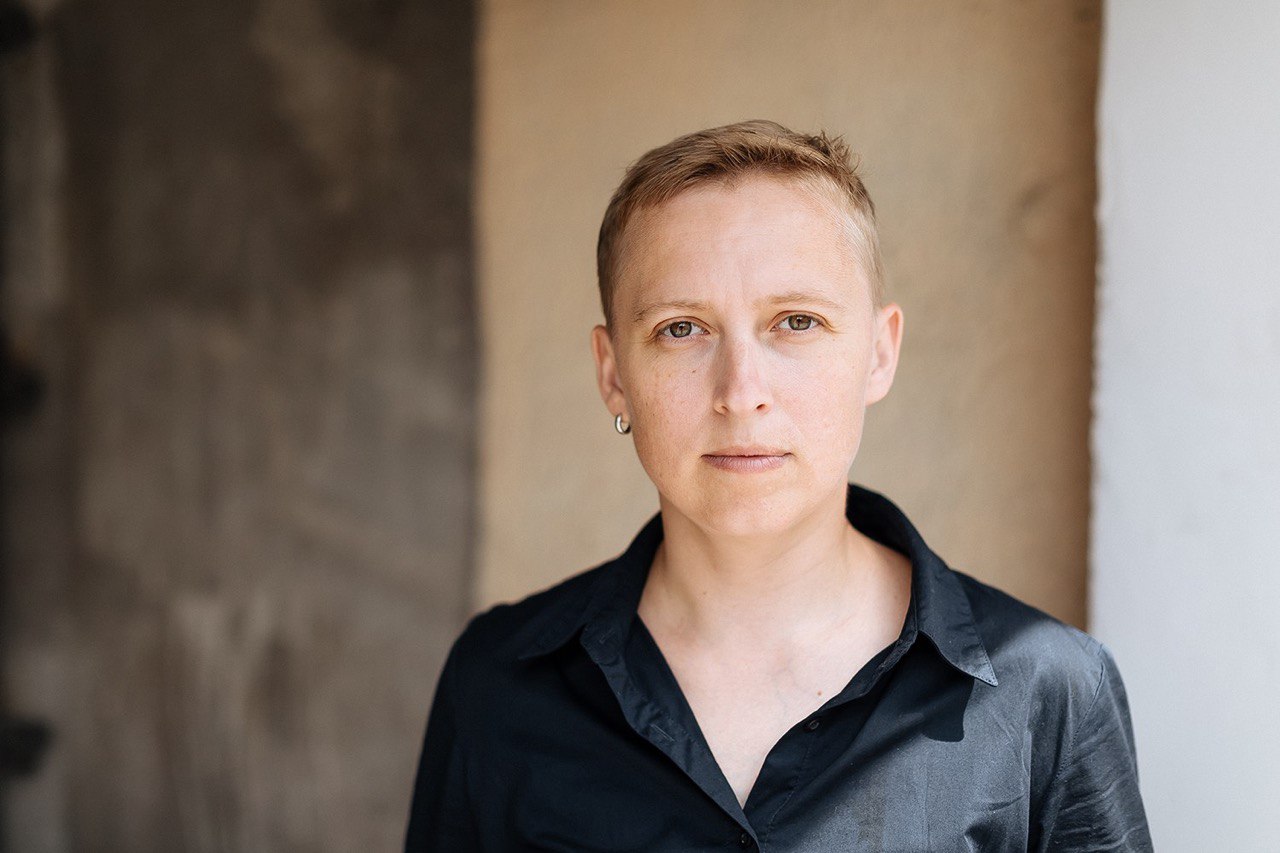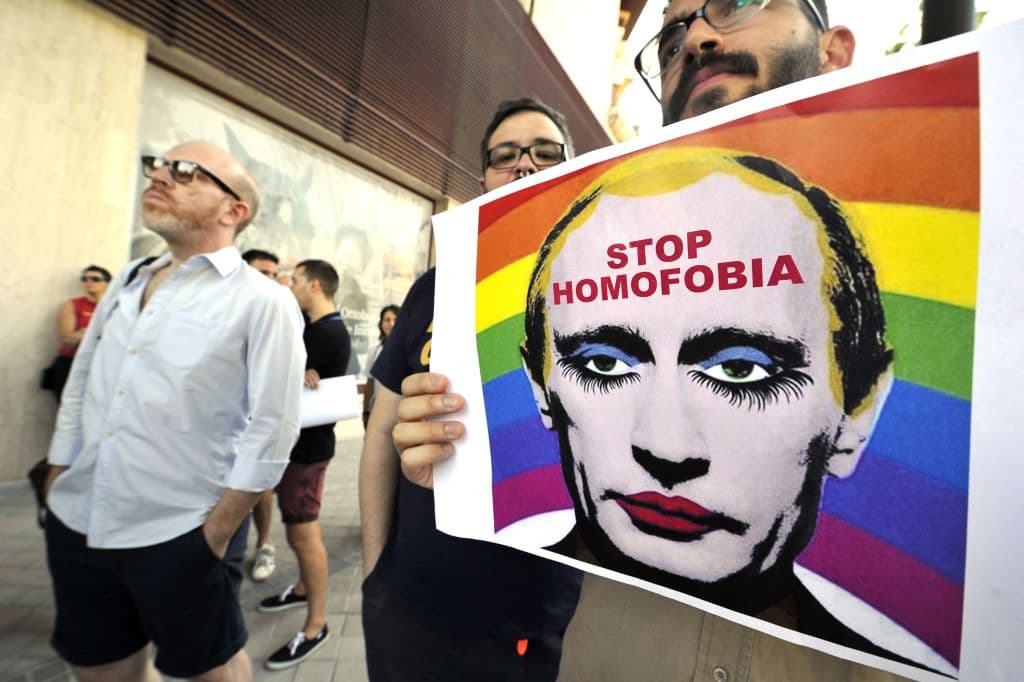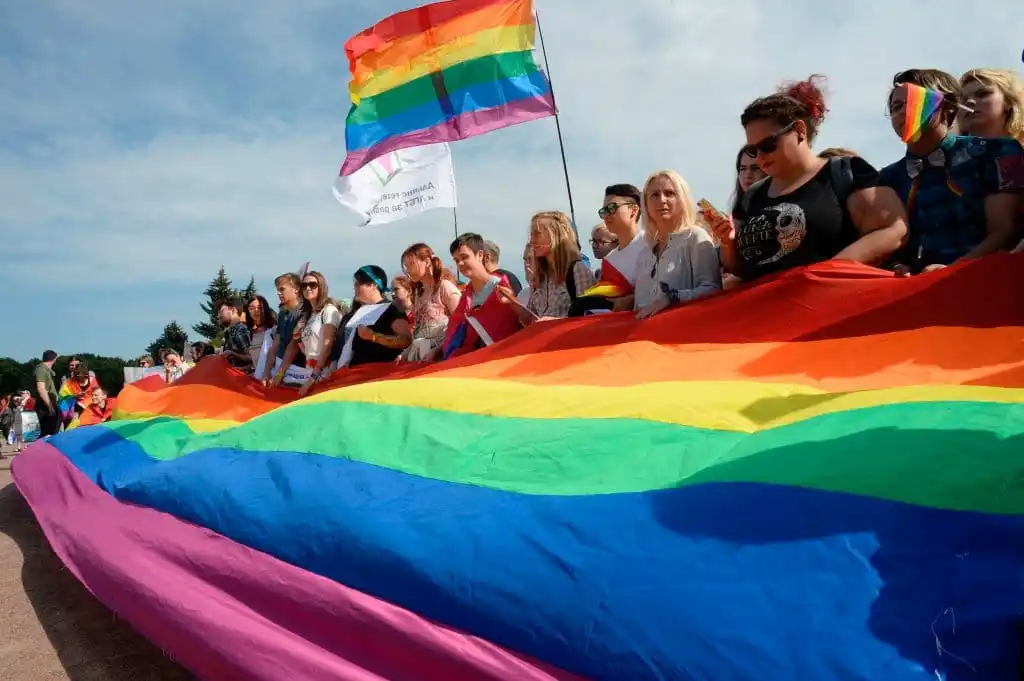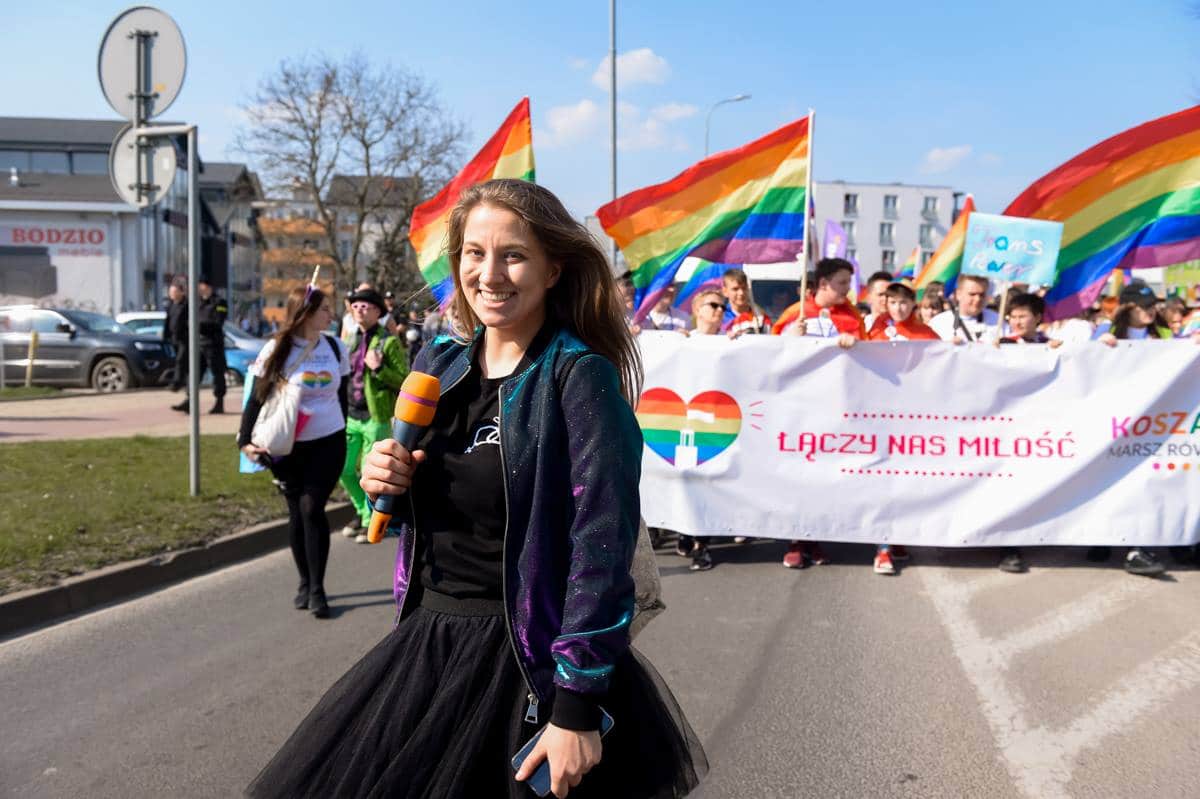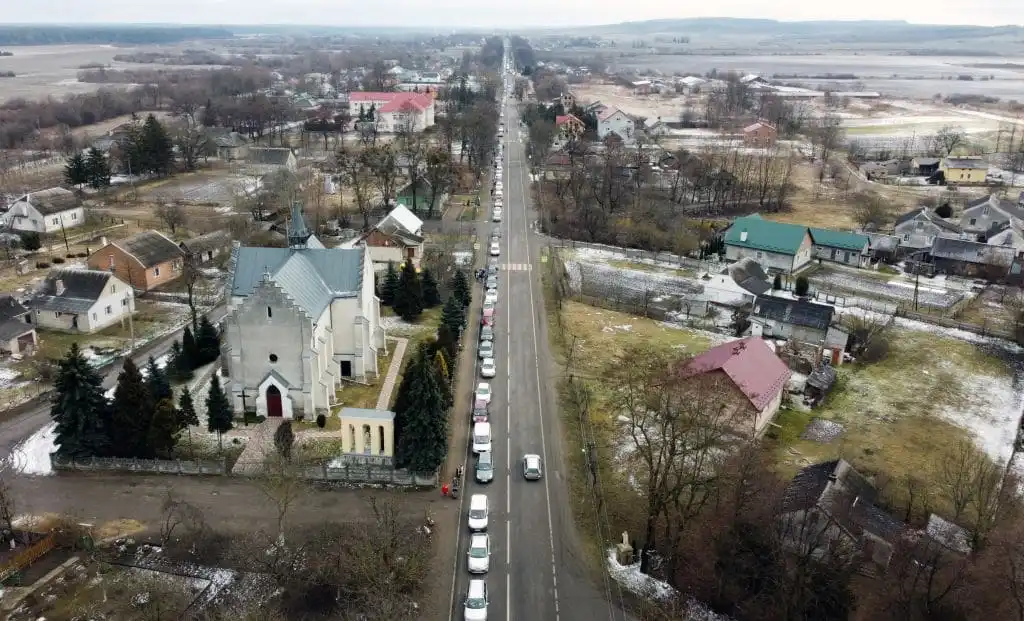Disney staff stage week of walkouts over ‘utter failure’ to fight ‘Don’t Say Gay’ bill
Disney employees are staging a week of walkouts over CEO Bob Chapek’s response to Florida’s ‘Don’t Say Gay’ bill.
Disney has faced stiff criticism for its muddled response to the bill, which would ban the discussion of LGBT+ lives in classrooms. Disney initially refused to make a public statement and defended its political donations to Republicans who helped push the bill through before apologising and pausing donations.
Organising as the Disney Do Better group, LGBT+ people and allies working for the company are urging bosses to do more, including by ending all donations to lawmakers who supported the law indefinitely.
“By supporting the politicians who brought this legislation and not taking a public stand against it, Chapek and [The Walt Disney Compant] leadership have made it clear they are more than willing to sacrifice their employee’s health and wellness in service of the bottom line,” the group wrote in an open letter.
“We will stand for this anymore.”
From Tuesday (15 March) to Monday, employees will stage “break” walkouts from 3pm and 3:15pm, culminating in a full-day walkout next Tuesday.
Including more than 10,000 words worth of testimony from staff, organisers say they want to make it clear Disney has “utterly failed” in its response to the ‘Don’t Say Gay’ bill, according to their website WhereIsChapek.com.
Organisers are demanding that Disney put pressure on Florida lawmakers by stopping all investment and construction in the state – where it employs more than 77,000 people – “until hateful legislation is repealed”.
It must also stop “any efforts to move employees to Florida office location” and guarantee that no employee will be fired as a result of denying relocation, the group demand.
Disney Do Better is also calling for the entertainment giant to improve LGBT+ representation in its content, with a dedicated brand to be created “focusing on LGBTQ+ creators and underrepresented voices”.
Disney is also being urged to reaffirm its committment to protecting and advocating for LGBT+ staff, and to “take responsibility for their inaction to protect the rights of LGBTQIA+ children and their families by making substantial contributions to The Trevor Project and other human rights advocacy groups”.
Employees taking part in the action work for Disney’s corporate offices, Lucasfilm, Pixar, Bento Box, Disney Television Animation the Disney Animation Studio, and more, according to Disney Do Better.
Disney demonstrators ‘ashamed’ to work as ‘hypocritical’ company
News that Disney had donated hundreds of thousands of dollars to lawmakers backing the ‘Don’t Say Gay’ bill was followed by silence, then clumsy statements that ignited outrage both within and outside of the company.
CEO Bob Chapek eventually apologised for the company’s response, saying he has temporarily paused all political donations and would donate $5 million to the Human Rights Campaign. The LGBT+ charity refused the donation until Disney takes “meaningful action” against the bill.
Chapek admitted that he “let [the company] down” in his response in a memo.
“I missed the mark in this case,” he wrote, “but am an ally you can count on.”

Previously, the CEO had suggested that telling “diverse stories” was far more impactful than a statement publicly denouncing the law. Corporate statements “do very little to change outcomes or minds”, he said.
Disney Do Better said this statement amounted to an attempt to “placate the LGBTQIA+ community with subpar representation”.
“You cannot fix this with educational seminars or token background characters — even organizations like [the Human Rights Campaign] refuse your money until action is taken.”
“Those statements have indicated that leadership still does not truly understand the impact this legislation is having not only on cast members in the state of Florida but on all members of the LGBTQIA+ community in the company and beyond”.
Pixar staff have alleged that Disney bosses routinely edit out LGBT+ representation from its films.
While it remains unclear exactly how many staff are taking part in the protests, the Disney Walkout Twitter has more than 1,200 followers.
Ahead of Tuesday’s first protest, the account shared statements from employees about why they are walking out.
“I am ashamed to work for a company that boasts about inclusivity and yet supports states and politicians that put lives, education, livelihoods and overall wellbeing of our LGBTQIA+ selves, siblings and families in jeopardy,” wrote one employee.
“Enough hypocrisy, it’s time for authenticity and transparency.”
Florida’s ‘Don’t Say Gay’ bill has been approved by both houses and is on the desk of governor Ron DeSantis, who has indicated his support.

